
Exciting new series on “Voice, Body and Movement for Lawyers – How to connect with the jury and find Justice Through Dramatic Technique!”
Click here to find out more
The Fair Debt Collection Practices Act (FDCPA), approved on September 20, 1977, is a consumer protection amendment, establishing legal protection from abusive debt collection practices to the Consumer Credit Protection Act, as Title VIII of that Act. The Act creates guidelines under which debt collectors may conduct business, defines the rights of consumers involved with debt collectors, and prescribes penalties and remedies for violations of the Act. Also, it’s a federal law that limits the behavior and actions of third-party debt collectors who are attempting to collect debts on behalf of another person or entity. It’s important to understand the key elements of the Act as well as updates that have been made recently.
• After attending you will be able to describe… an overview of FDCPA and its definitions
• After attending you will be able to discuss… the compliance issues and risks with FDCPA
• After attending you will be able to explain… the different types of abusive acts that have occurred which led to the updated regulations
• After attending you will be able to identify… Identify the different provisions covered under the FDCPA
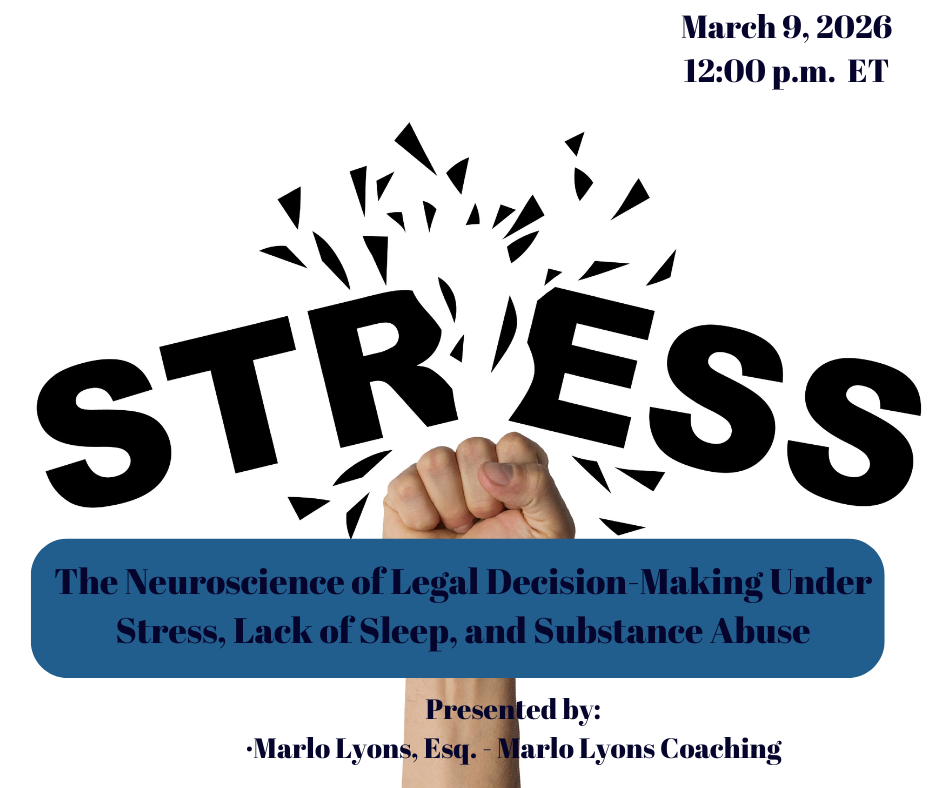
This dynamic and compelling presentation explores how chronic stress, sleep deprivation, and substan...
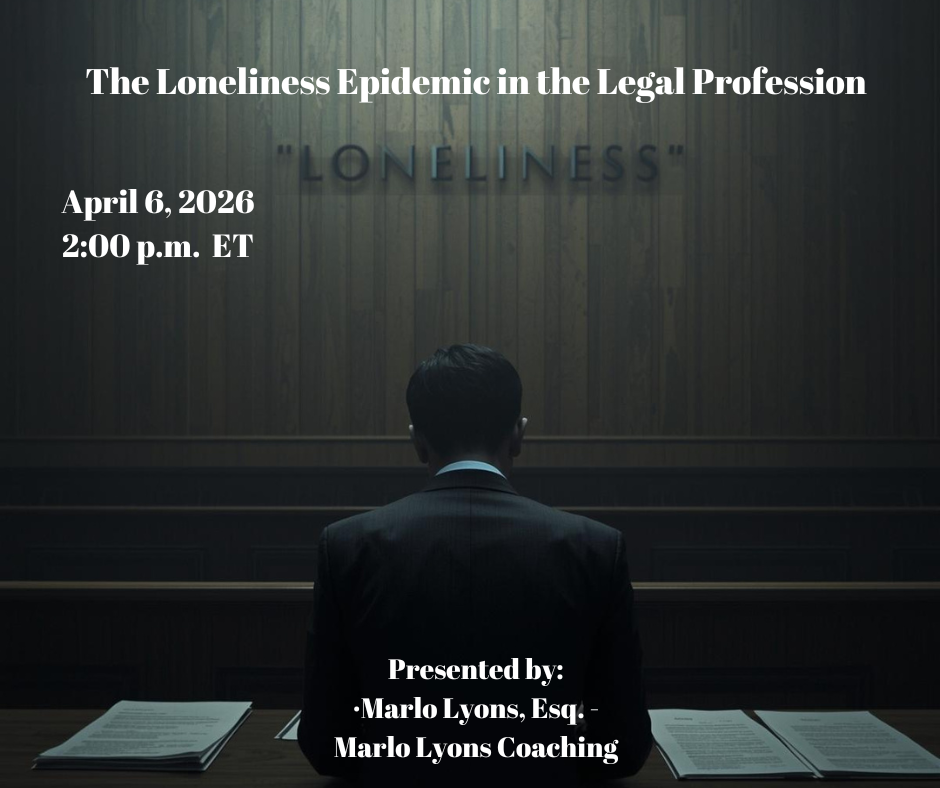
Loneliness isn’t just a personal issue; it’s a silent epidemic in the legal profession t...
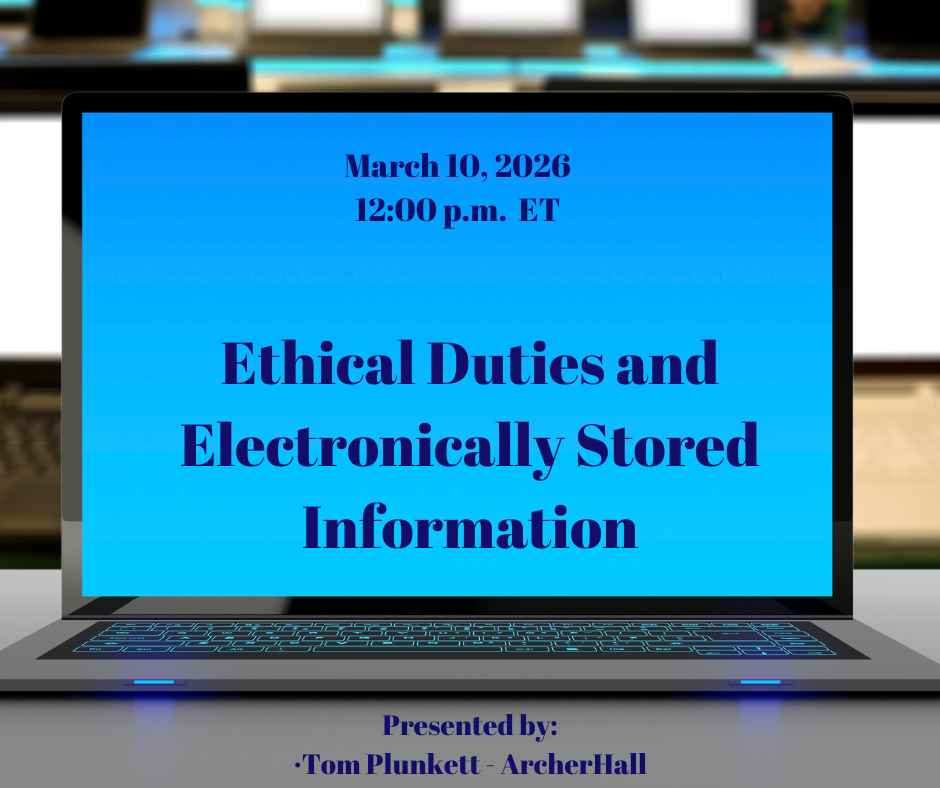
This CLE program examines attorneys’ ethical duties in managing electronically stored informat...
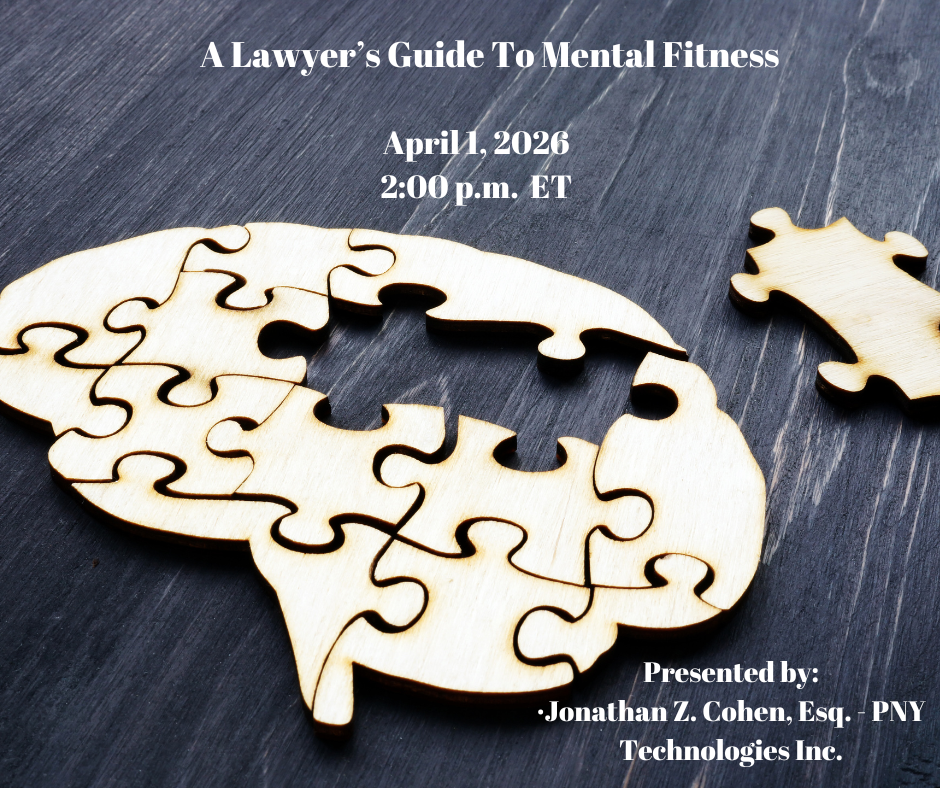
‘A Lawyer’s Guide To Mental Fitness’ is a seminar designed to equip professionals ...
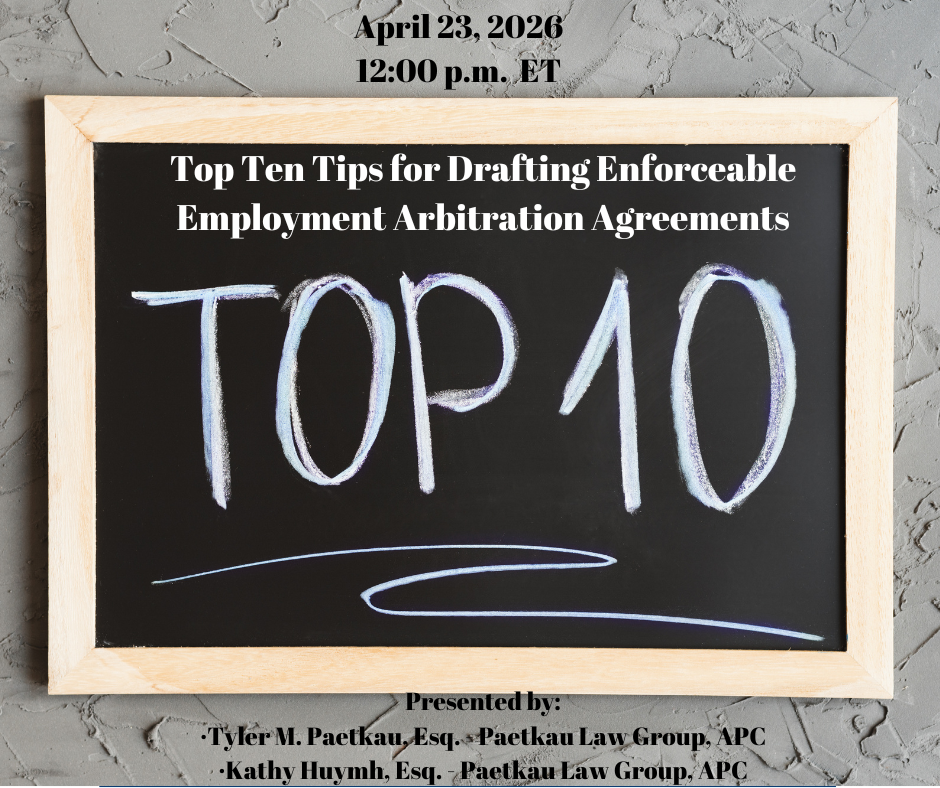
In the rapidly evolving landscape of employment law, arbitration agreements have become a cornerston...
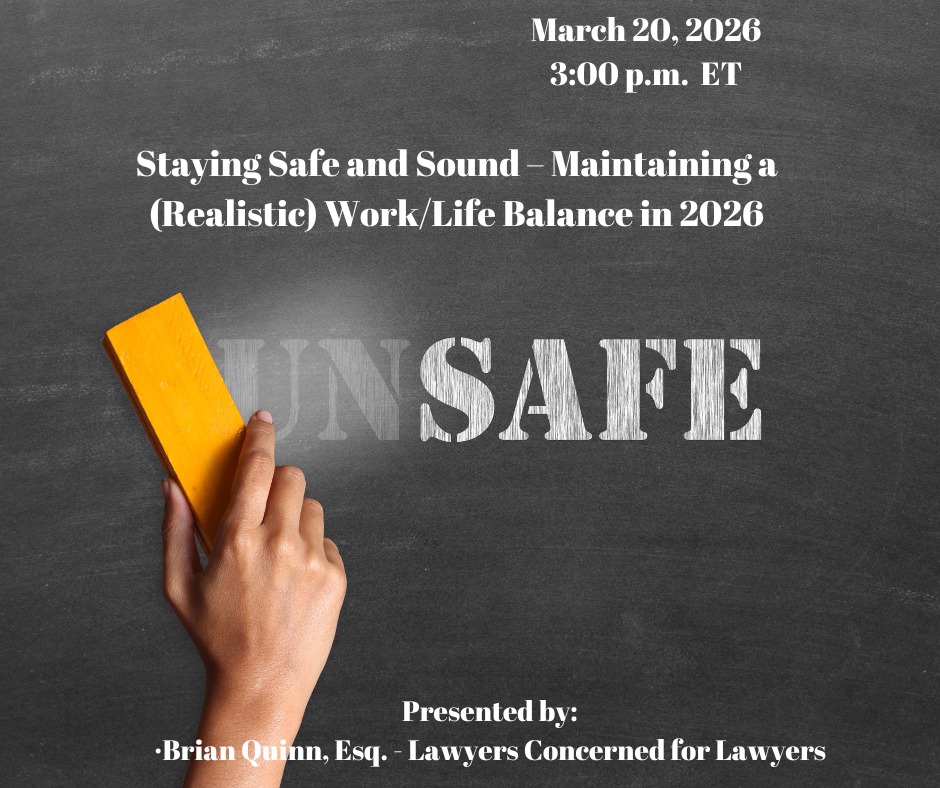
Recent studies have shown that there has been a dramatic increase in impairment due to alcoholism, a...
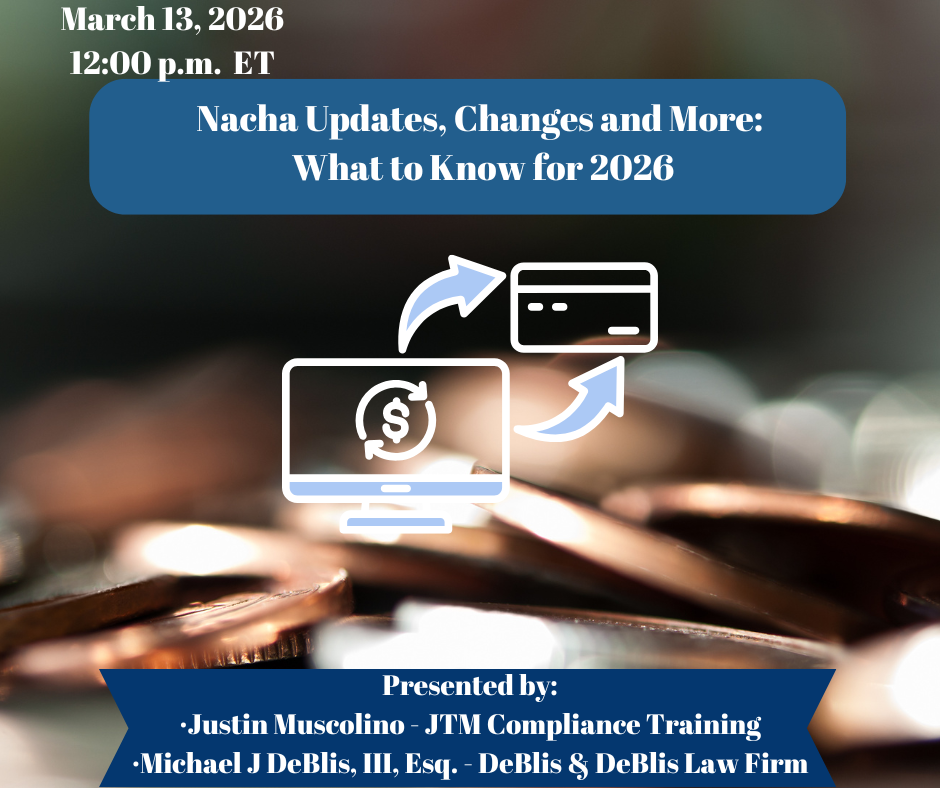
This attorney-focused program reviews upcoming Nacha rule changes for 2026 with emphasis on legal ob...
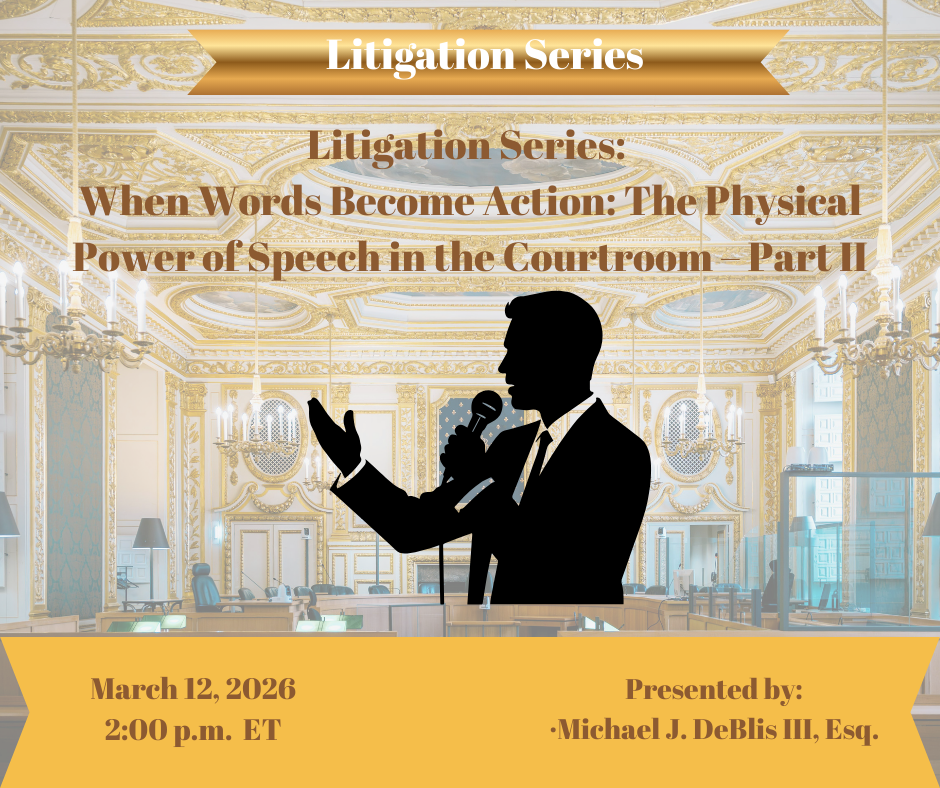
Part II builds on the foundation established in Part I by examining how classical rhetorical styles ...
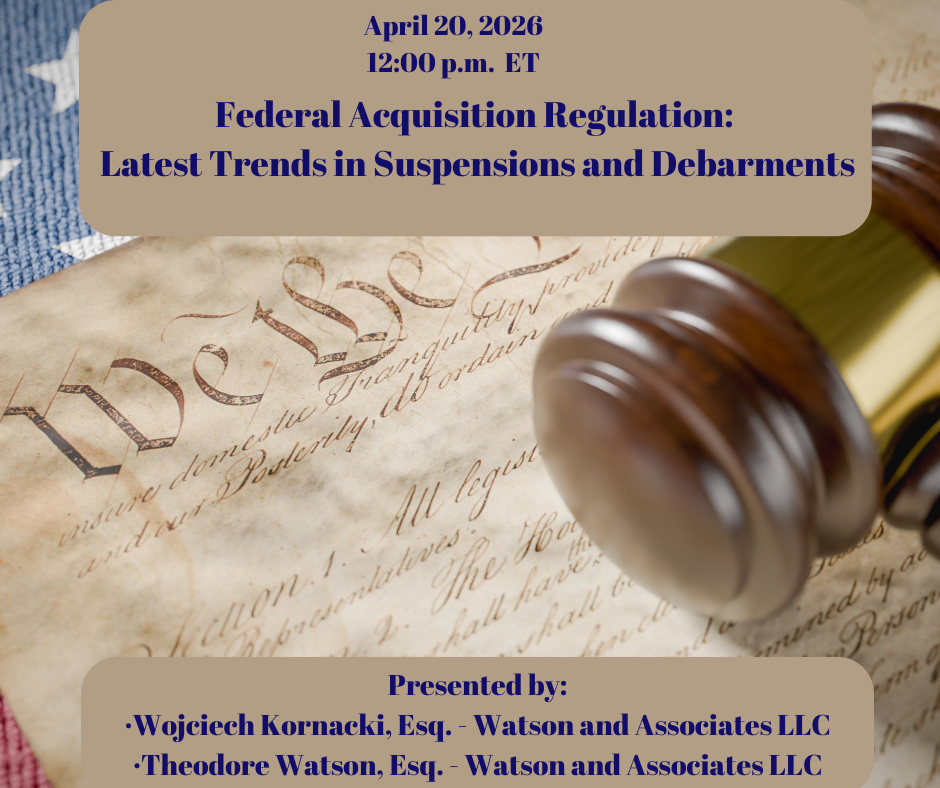
Learn about the latest trends in Federal Suspension and Debarments. This presentation will assist yo...
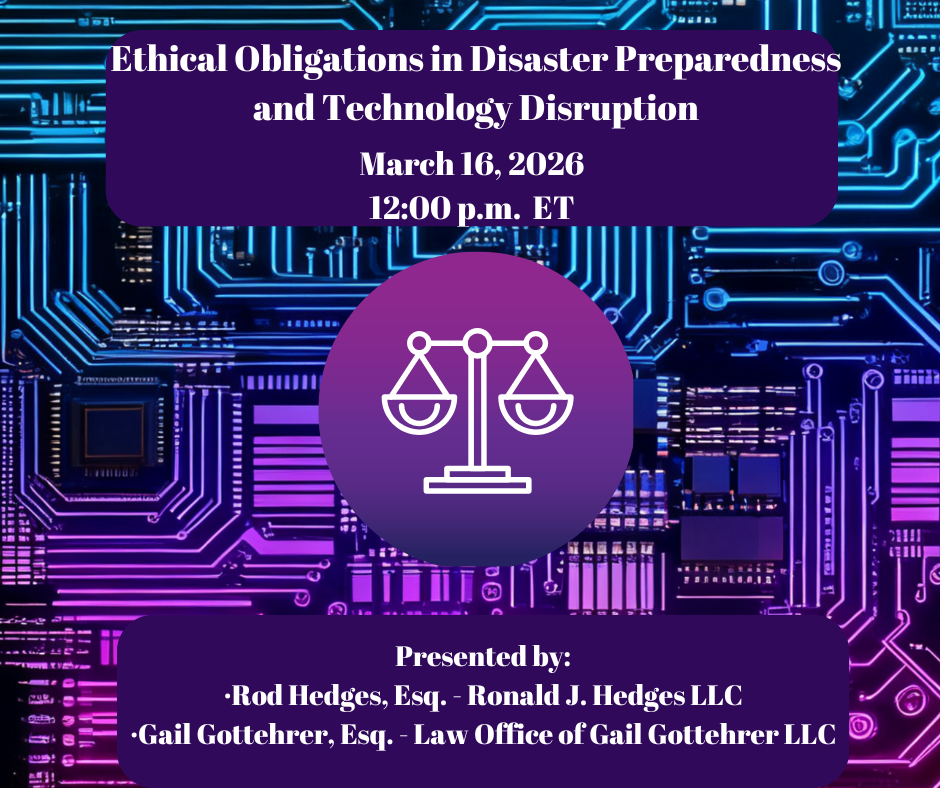
Disasters, whether natural or manmade, happen. Disasters can impact the practice of law and, among o...